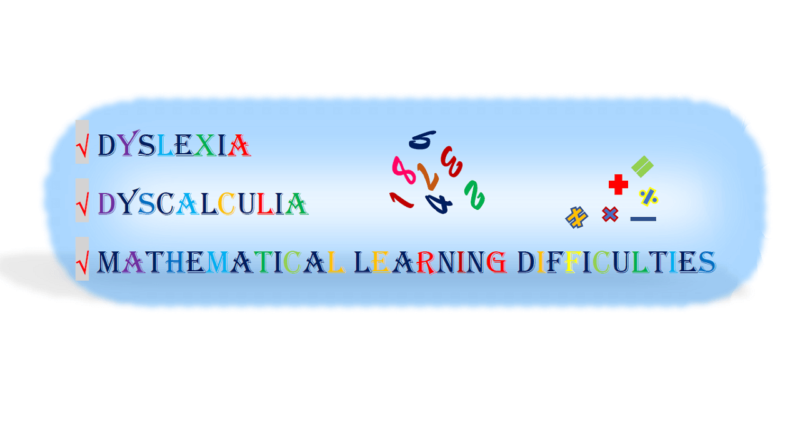Mathematical Learning Difficulties
…and other symptoms of poor teaching
We all expect our children to learn maths. But what if, despite hours of practice, a child makes very slow progress or no progress at all?
I constantly receive enquiries from parents whose children are showing symptoms of Mathematical Learning Difficulties. The full list of these symptoms can be found on the website of the British Dyslexia Association, and includes difficulties in remembering basic facts despite many hours of practice/rote learning, forgetting mathematical procedures, high level of mathematical anxiety, and so on, in otherwise normally developing children. Parents often believe that a child’s difficulties in learning maths can be explained by dyslexia. According to the British Dyslexia Association however, this is not true. Mathematical Learning Difficulties is a problem in its own right. Dyslexia (problems with reading and writing), should not really impair a child’s ability to learn mathematics. Symptoms of Mathematical Learning Difficulties are virtually identical to symptoms of a condition called Dyscalculia. Dyscalculia, just like Dyslexia, is a recognised disability.
According to the British Dyslexia Association, the prevalence of Mathematical Learning Difficulties in the UK is at least 25% – with all its devastating consequences. Furthermore, if a child falls into this category, the prospects are bleak because there are currently very few teachers trained to help in this area.
Obviously, a quarter of all children cannot be dyslexics or dyscalculics. In my opinion, Mathematical Learning Difficulties in children with no intellectual impairments or behavioural problems are a symptom of poorly structured teaching. I argue that children make poor progress in maths not “despite rote learning” but because of rote learning. Regardless of all the arguments against it, rote learning unfortunately remains a prevailing method of teaching maths in the UK.
Children who struggle with maths often have one thing in common: they cannot memorise facts and methods which they do not understand. In my experience, these children do very well when moved to a well-structured program based on the conceptual learning of mathematics, and make significant progress after just one term of regular practice.
For enquirers about maths lessons visit:
www.mums-dads.co.uk/learning-maths-together







